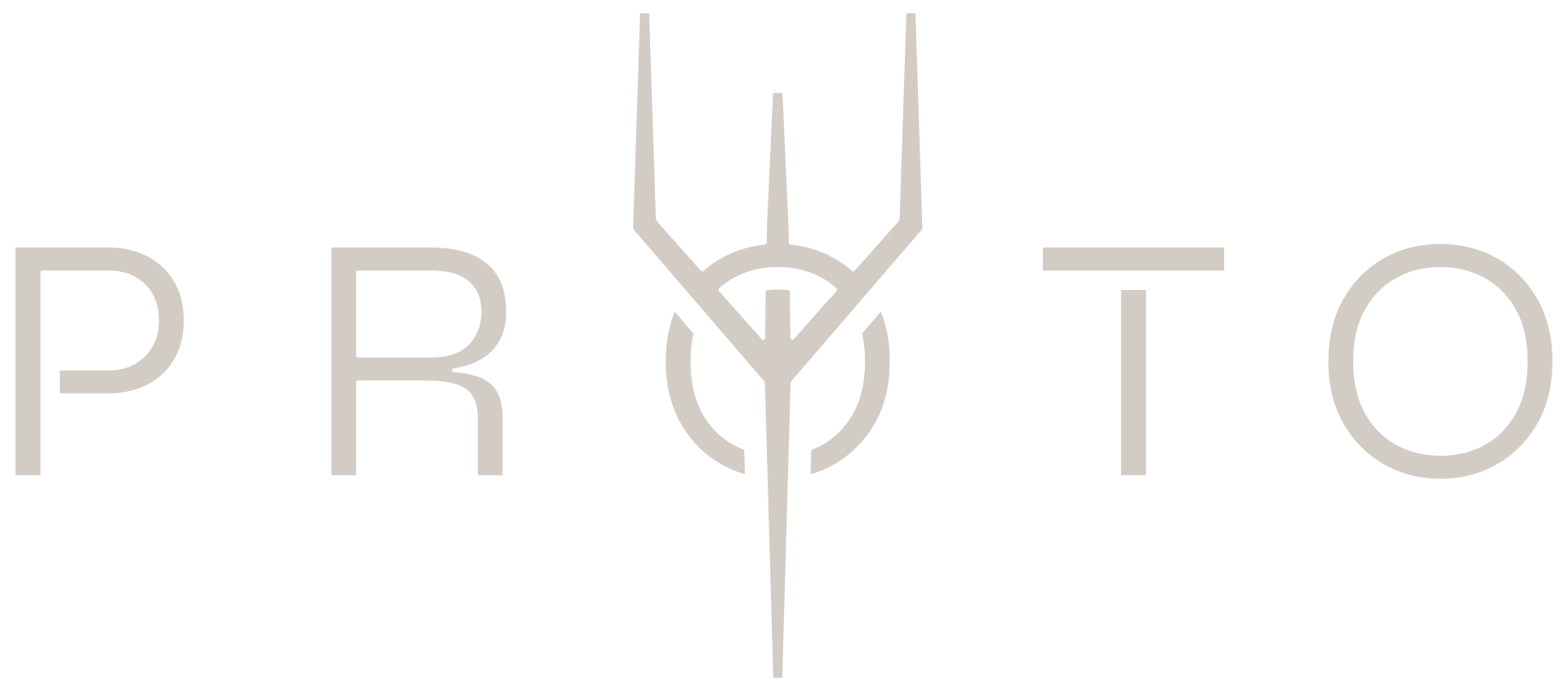
In a world that often celebrates comfort and convenience, the idea of seeking discomfort might seem counterintuitive. However, stepping outside of our comfort zones can lead to profound personal growth, resilience, and a more fulfilling life. Embracing discomfort is not about seeking pain for its own sake but about challenging ourselves to grow beyond our current limitations. Here’s why seeking discomfort can be incredibly valuable.
Personal Growth and Development
Growth rarely happens in the comfort zone. When we challenge ourselves and face uncomfortable situations, we push our boundaries and expand our capabilities. Whether it’s learning a new skill, taking on a challenging project at work, or engaging in difficult conversations, these experiences foster personal development. Embracing discomfort helps us build new skills, gain confidence, and discover our true potential.
Building Resilience
Life is unpredictable, and resilience is key to navigating its ups and downs. By regularly stepping outside our comfort zones, we become better equipped to handle adversity. Facing challenges head-on and overcoming them builds mental toughness and resilience. This strength becomes invaluable when unexpected difficulties arise, allowing us to bounce back more quickly and effectively.
Enhancing Creativity and Innovation
Discomfort often spurs creativity and innovation. When we are too comfortable, we may become complacent and less likely to think outside the box. Stepping into unfamiliar territory encourages us to approach problems from new angles and find creative solutions. Many great inventions and breakthroughs have come from individuals willing to venture into the unknown and embrace the discomfort of uncertainty.
Building Stronger Relationships
Seeking discomfort can also improve our relationships. Engaging in open, honest, and sometimes difficult conversations can lead to deeper connections and mutual understanding. Being willing to be vulnerable and address issues head-on strengthens trust and fosters more meaningful relationships with others.
Achieving Personal Goals
Our biggest dreams and goals often lie just beyond the edge of our comfort zones. Whether it’s running a marathon, starting a business, or traveling to a new country, achieving these goals requires us to face discomfort. By embracing the challenges and discomfort along the way, we move closer to realizing our ambitions and living a life aligned with our true desires.
Cultivating a Growth Mindset
Seeking discomfort helps cultivate a growth mindset—the belief that our abilities and intelligence can be developed through dedication and hard work. A growth mindset encourages us to embrace challenges, persist in the face of setbacks, and see effort as the path to mastery. This mindset is essential for continuous learning and improvement in all areas of life.
Practical Tips for Seeking Discomfort
-
Set Small Challenges: Start with small, manageable challenges to gradually build your tolerance for discomfort. This could be trying a new hobby, speaking up in meetings, or taking cold showers.
-
Embrace Failure: Understand that failure is a natural part of the growth process. Each failure is an opportunity to learn and improve.
-
Practice Mindfulness: Mindfulness practices, such as meditation, can help you stay present and calm in uncomfortable situations, making it easier to face them.
-
Seek Feedback: Ask for feedback from others to gain new perspectives and identify areas for improvement.
-
Surround Yourself with Supportive People: Build a network of supportive friends, mentors, and colleagues who encourage you to step outside your comfort zone.
Conclusion
Seeking discomfort is a powerful catalyst for personal and professional growth. It builds resilience, enhances creativity, strengthens relationships, and helps us achieve our most ambitious goals. By embracing discomfort, we unlock our true potential and lead more vibrant, fulfilling lives. So, the next time you face a challenging situation, remember that stepping into discomfort is a step toward becoming the best version of yourself.
